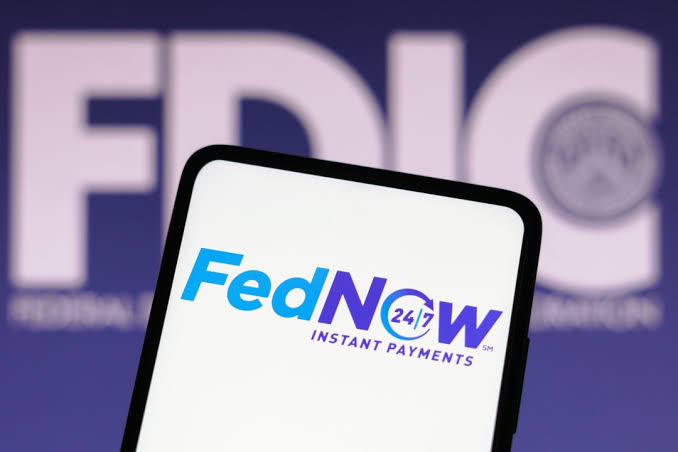
Federal Reserve Launches FedNow
The Federal Reserve of the United States has officially launched the much-anticipated FedNow payment service to herald in a new era of monetary value transfer.
The Federal Reserve has promoted FedNow as a service enabling Americans to transmit and receive payments instantaneously, 24 hours a day, seven days a week.
The modernization of the American payment system through the FedNow service exemplifies the apex bank’s adaptability to join the revolution in payments by providing an equally comprehensive service to all Americans.
As it stands, the country’s payment system is plagued by numerous drawbacks, including but not limited to high transaction costs and settlement delays.
Since 2019, the Federal Reserve has been preparing to introduce this service as new technologies, particularly blockchain, are beginning to dominate the payment landscape.
The FedNow service is not the first of its kind, as other sovereign nations, such as the United Kingdom, Brazil, and India, have previously offered comparable services.
The Federal Reserve has already issued licenses to 41 banks and 15 service providers to use the FedNow service, which is making its debut on the market.
While the number of approved users is substantial, the Federal Reserve intends to add more users shortly.
Numerous industry participants have lauded the FedNow service, distinguishing its operational model from those of third-party payment service providers such as PayPal and Venmo.
The impact of the introduction of the FedNow payment service on the crypto ecosystem will depend on the degree to which Americans adopt the new technology.
Bitcoin (BTC) is already regarded as one of the most revolutionary payment tokens available, and while policymakers are presently ignoring its legal tender status, its influence cannot be discounted.
Ripple Labs’ On-Demand Liquidity (ODL) service and XRP may soon be used for cross-border transactions by U.S. banks, according to an increasing number of rumors that have surfaced since the recent XRP ruling.
These systems have been in operation and tested for years, and despite FedNow’s extensive coverage, it will have to compete with these protocols.
